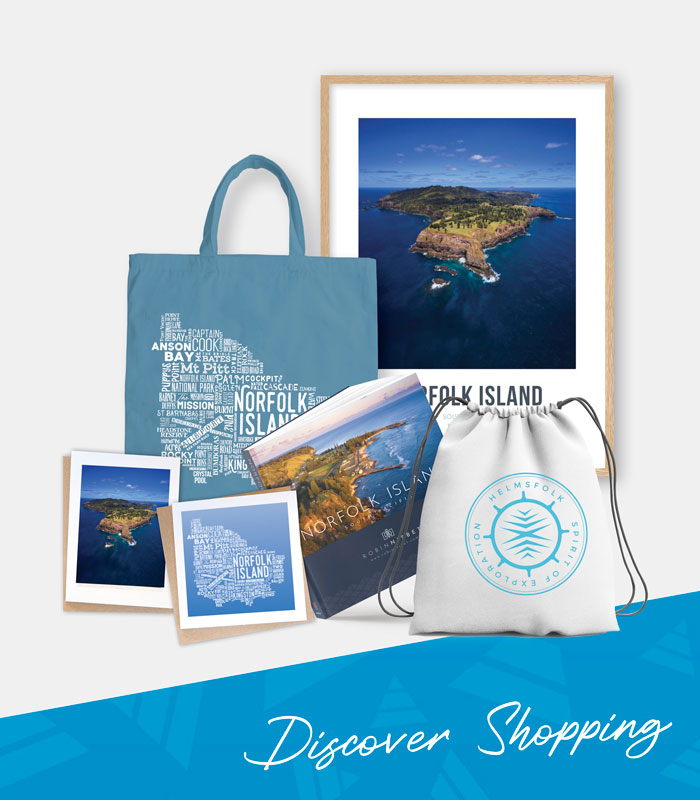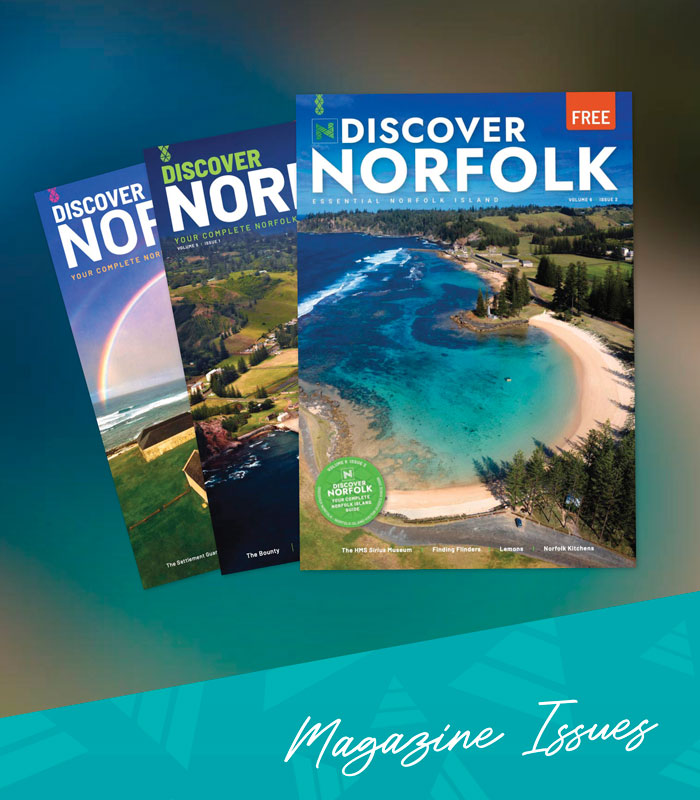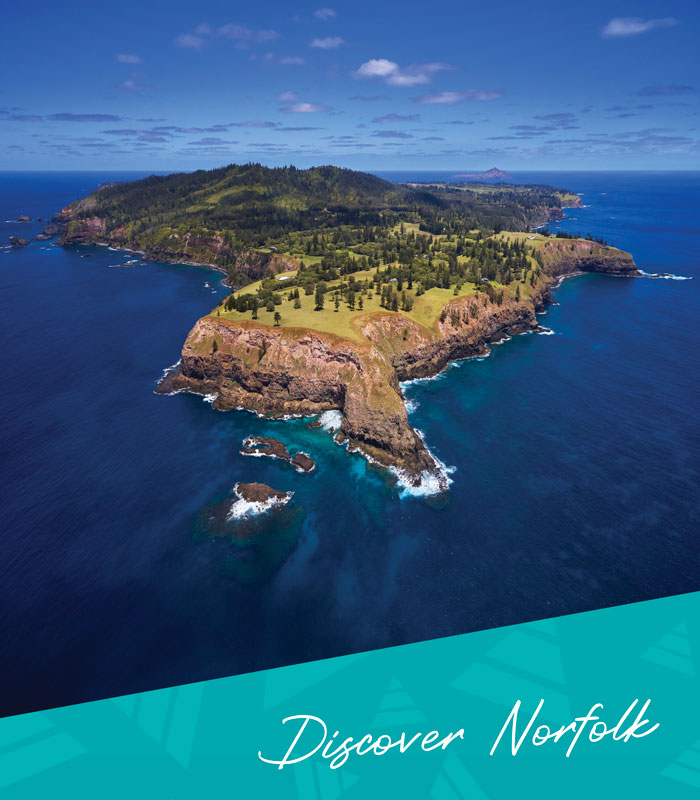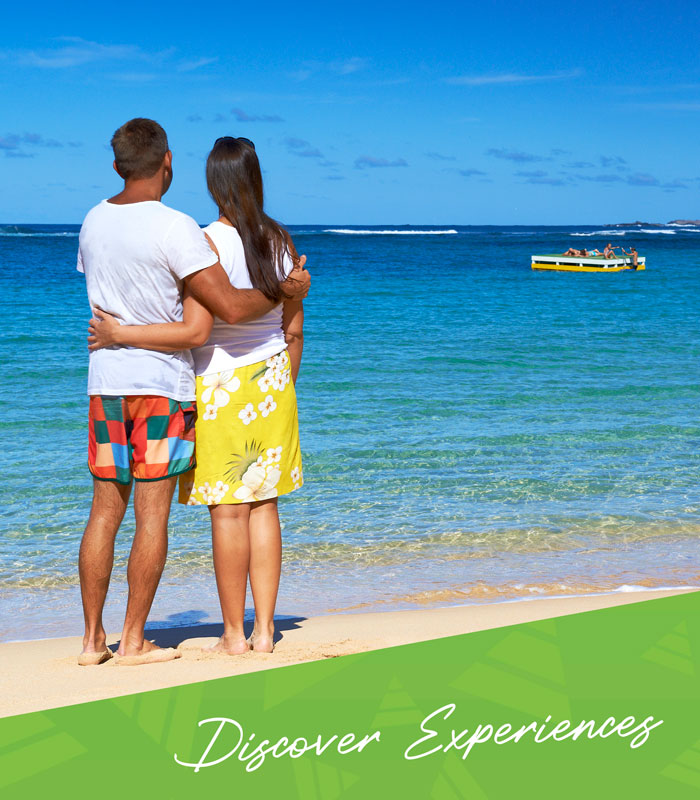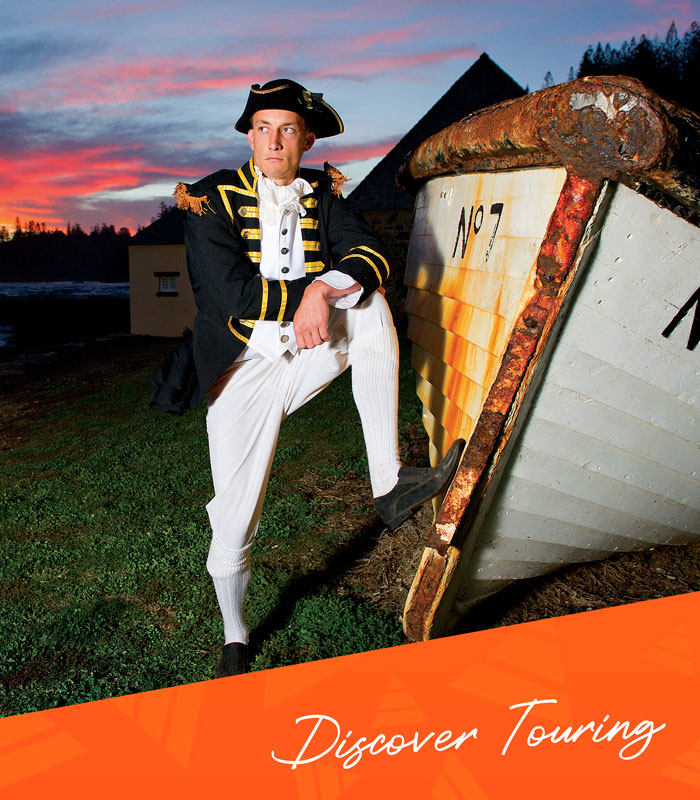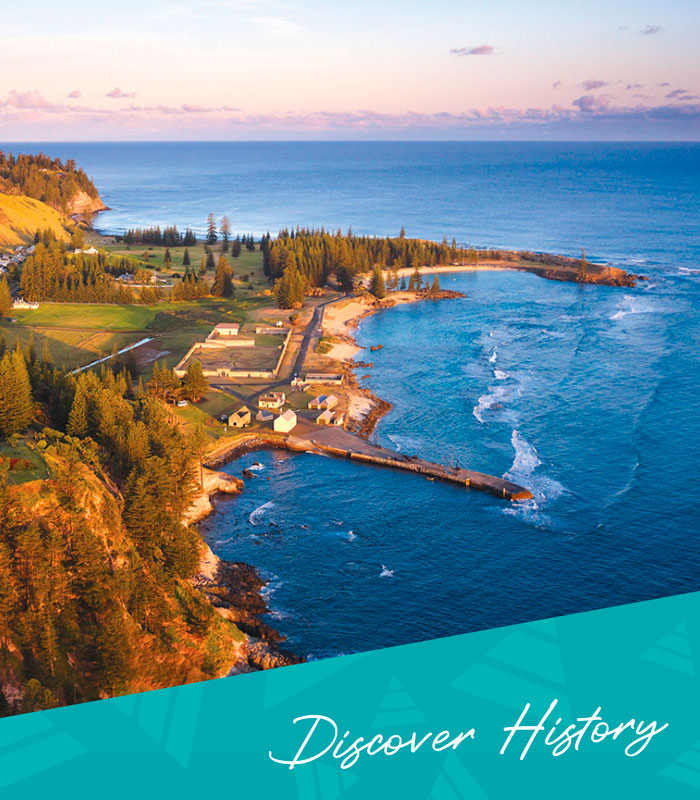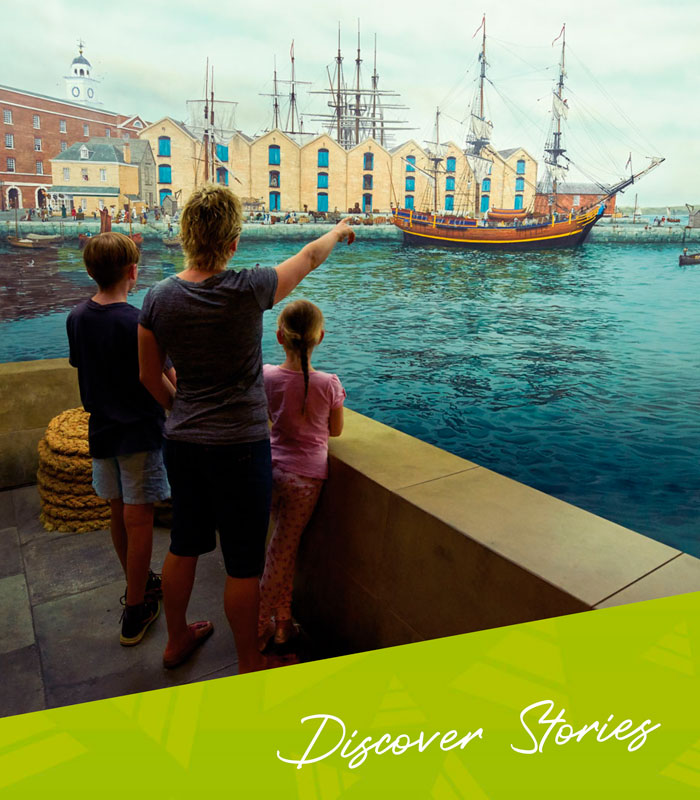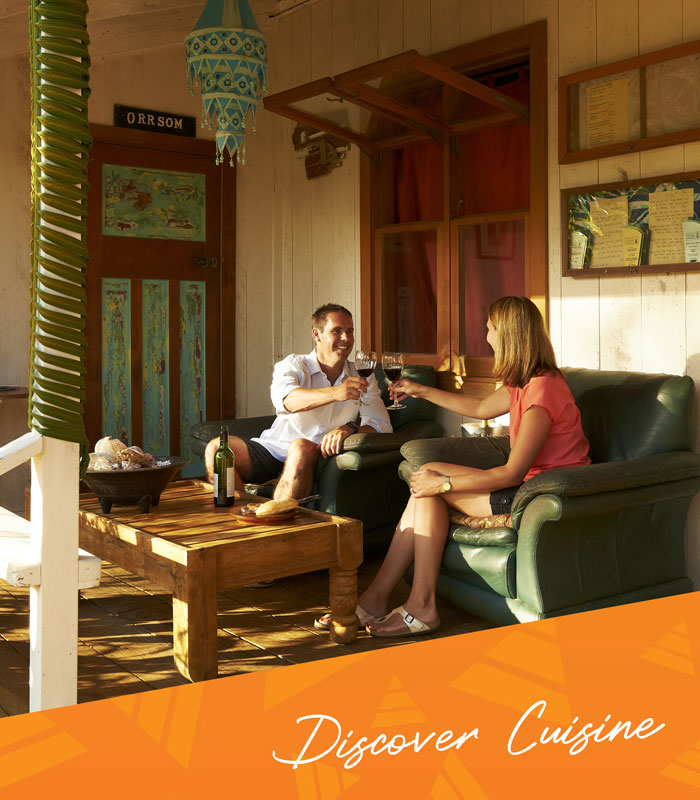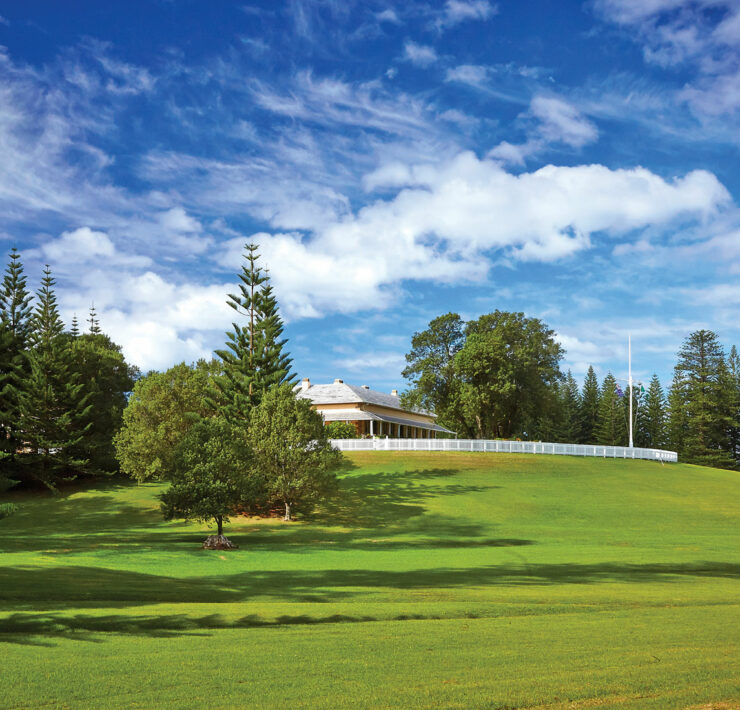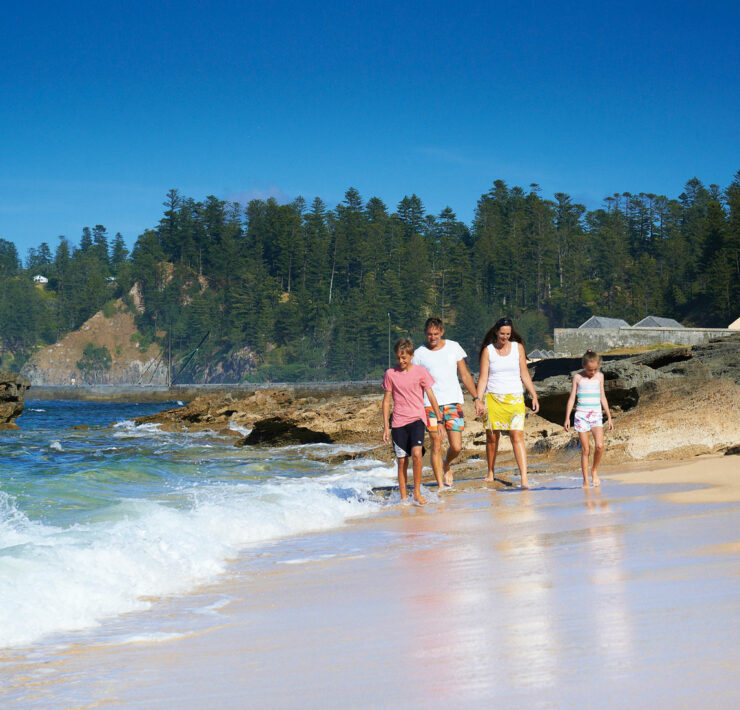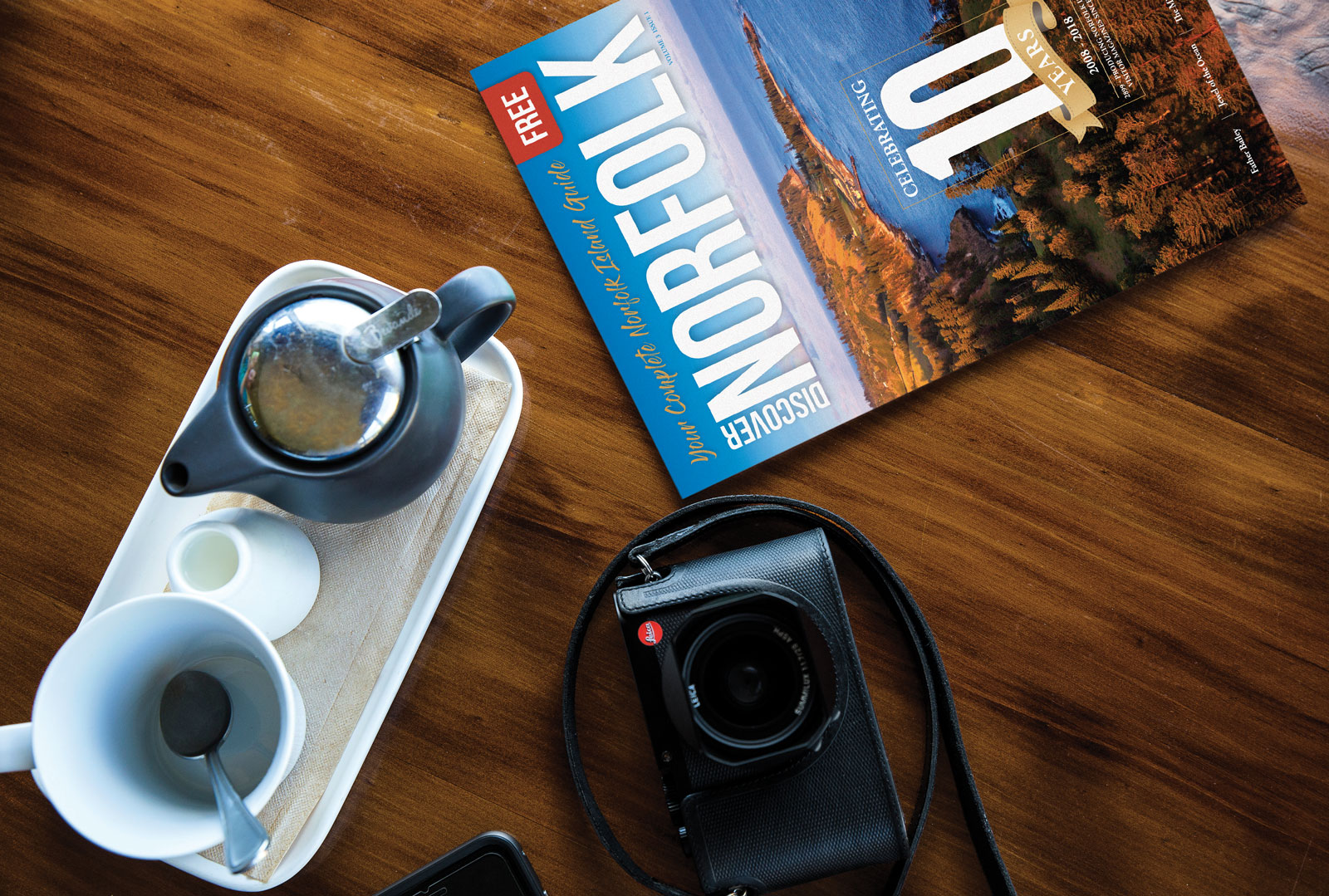Home » All Articles » Bailey’s: The heart of Governors Lodge
Bailey’s: The heart of Governors Lodge

Wherever you go on Norfolk Island, you come face to face with history. Much of it is highly visible, but beneath the surface there are many more stories to be discovered. Although Governor’s Lodge Resort Hotel is one of Norfolk Island’s newer accommodation establishments, visitors who come to dine or stay soon find themselves immersed in the history of the site and of the island.
The name ‘Governor’s Lodge’ is, of course, a reference to the island’s colonial past, when large numbers of convicts from around the British Empire were transported to the penal settlement on Norfolk Island. Within the complex, there are areas bearing the names of significant figures in Norfolk’s and Australia’s colonial history – such as ‘Macquarie Place’ ‘Brisbane Drive’ and ‘Hunter Green.’
‘Baileys’, the main restaurant at ‘Governor’s’, actually celebrates a very different strand of Norfolk Island’s fascinating story. This is the beautiful old island home that once belonged to Herbert and Clara (‘Settie’) Bailey. Clara’s parents and Herbie’s mother had arrived as small children with other Bounty descendants from Pitcairn in 1856. Herbie’s mother Emily later married George Bailey, an Englishman who had come to Norfolk Island in the 1870’s to work in the Melanesian Mission. The Mission had its headquarters here at that time at the St. Barnabas Chapel. The union between George Bailey and Emily was one of the first to take place on the island between a Pitcairner and a ‘newcomer.’
Around 1902, Herbert built this house for himself and his bride on land that was given to him by his mother. They named the property ‘Elouera’ (an Australian Aboriginal word meaning ‘beautiful place by the sea’). Both local and imported timbers were used in the building’s construction. It was a typical layout for the time with two rooms on each side of a central hallway, and a kitchen at the back. There was a wide verandah all around.
As the Baileys’ five children began to arrive, the eastern verandah was converted into three extra bedrooms, and a section of the western side was enclosed to serve as Clara’s sewing room. Here she would often be found working at her treadle machine, stitching practical and useful garments for her own children and later her grandchildren. To this day, one grandson clearly remembers the trousers she made for him, lined neatly with flour bags!
The Baileys led busy and active lives. Behind the house there was a large vegetable garden and a dairy for the milking cows. Other produce was grown on family land at Steele’s Point, where they also kept beef cattle. Family members recall that there always seemed to be plenty to eat and to give away in the friendly welcoming Bailey kitchen.
Herbie worked for the Pacific Cable Board. He was involved in constructing the houses for staff, and later served as the engineer, maintaining the machinery. Each day he rode his horse across the island to the Cable station at Anson Bay. Folk said that you could always set your clock by the time he passed your house each morning and evening. He later became one of the earliest motor vehicle owners on the island. The couple also maintained their links with the Melanesian Mission, and spent some years as support workers on the volcanic island of Ambrym in Vanuatu.
When Clara and Herbie died, the home passed to their youngest son David, who was the island’s postmaster for many years. David continued to take great pride in the house and the 2.8 hectares around it. Sadly, he did not marry or have children, and when he died in 1980 his estate was sold. A younger relative and his wife were able to purchase the property, and raised their family there. They carried out many repairs and improvements, but were careful to retain the graciousness of the original building.
In 1990’s, the property again came on the market. The purchaser decided that because of its position reasonably close to town, and the attractiveness of the surroundings, it would be an ideal site for a well-appointed tourist establishment for the modern traveller. The plan was to combine the privacy of self-contained cottages with the convenience of a central restaurant, and other facilities normally found in a hotel. This proved to be a successful formula.
Because of the scale of the development, an adjacent section of Bailey family land was purchased, giving the area around 12 hectares. The grounds have been beautifully developed and landscaped, with mass plantings of tropical shrubs, annuals and Norfolk natives.
The old home remains the ‘heart’ of Governor’s Lodge. Although there was a degree of upgrading and tasteful renovation, the exterior remains structurally the same, and sections of the internal room divisions are still in place. Locals and family members who were familiar with the house in former days can still identify Clara’s sewing room (now the bar area), or the different bedrooms. Even the old piano, where daughter Floris gave piano lessons, is still there.
One hundred years ago, when Herbie and Clara Bailey lived here with their family, they were known as very hospitable and community minded people. We have little doubt that they would be pleased to see their home enjoyed today by so many local people, as well as visitors to Norfolk Island.
Article published in 2899 Magazine Volume 2 Issue 2, 2010. An updated article on Governors Lodge can be found in Discover Norfolk. Link below.
https://www.norfolkisland.net/governors-lodge-history-comfort-style/
Learn more about Governor’s Lodge at:
www.governorslodge.com
____
Image Credit: Robin Nisbet
www.robinnisbet.com
____
Article content disclaimer: Article first published in 2899 Magazine V2 Iss2, 2010. Please note that details of specific travel, accommodation and touring options may be outdated. References to people, places and businesses, including operating days and times may be have changed. References to Government structure and Government businesses/entities may no longer be applicable. Please check directly with businesses and/or Government websites directly rather than relying on any information contained in this article before you make travel arrangements.


